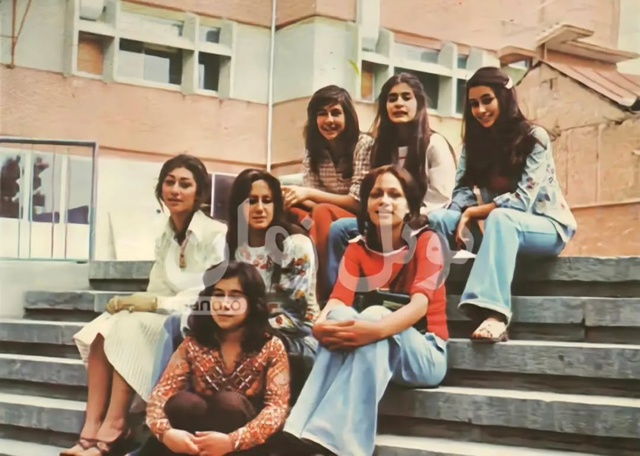Economic hardship pushed students to question not only educational policies but the entire socio-economic structure, intensifying pre-revolutionary anger. By the time a revolution approached, universities often held moral authority within society. for guidance, interpretation, and inspiration. Universities functioned as ideological engines, producing the principles and language that shaped the revolutionary movement.
With censorship, repression, and political interference tightening, academic quality often declined sharply in the years before a revolution. These conditions fueled a strong desire for a new educational model—one connected to national progress, social justice, scientific innovation, and global standards. In many revolutions, a dramatic incident on a university campus triggered nationwide outrage.


